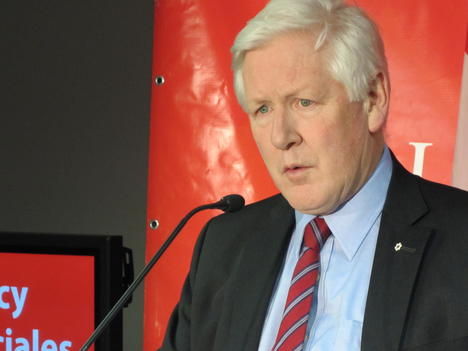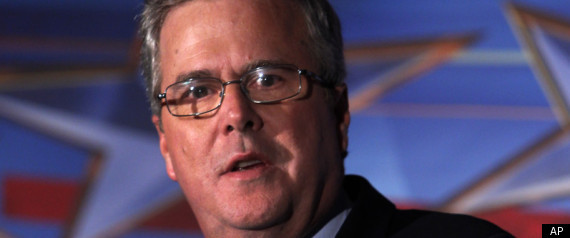The opposition sharpened its attacks on Stephen Harper Tuesday, accusing the Prime Minister of denying baby boomers future pension benefits, hiding his real agenda and having his priorities so skewed he favours prisons and fighter jets over Canadian seniors.
It was heated Tuesday in Question Period as the pension issue dominated for the second consecutive day.
“If you’re born in 1955 or you’re born in 1956 or you’re born in 1957 ... there isn’t a soul out there who knows exactly how they’re going to be taken care of by this Conservative government,” charged Interim Liberal leader Bob Rae. “You are deep-sixing benefits for people who thought they were going to get them.”
The Prime Minister wasn’t immune to trading barbs, however, firing back at Mr. Rae and his record as NDP premier in Ontario during the recession in the 1980s. He dared Mr. Rae to compare his record of taking care of Ontarians with the Conservative government’s record of taking care of Canadians during this recession.
A firestorm over the pension issue erupted last week after the Prime Minister told the World Economic Forum that Canada is looking to reform its Old Age Security program because changing demographics will make it unsustainable. Although he provided no details, there was immediate speculation the government would raise the age of eligibility from 65 to 67. But the Prime Minister has promised that no senior collecting OAS now will be affected by reforms.
It was heated Tuesday in Question Period as the pension issue dominated for the second consecutive day.
“If you’re born in 1955 or you’re born in 1956 or you’re born in 1957 ... there isn’t a soul out there who knows exactly how they’re going to be taken care of by this Conservative government,” charged Interim Liberal leader Bob Rae. “You are deep-sixing benefits for people who thought they were going to get them.”
The Prime Minister wasn’t immune to trading barbs, however, firing back at Mr. Rae and his record as NDP premier in Ontario during the recession in the 1980s. He dared Mr. Rae to compare his record of taking care of Ontarians with the Conservative government’s record of taking care of Canadians during this recession.
A firestorm over the pension issue erupted last week after the Prime Minister told the World Economic Forum that Canada is looking to reform its Old Age Security program because changing demographics will make it unsustainable. Although he provided no details, there was immediate speculation the government would raise the age of eligibility from 65 to 67. But the Prime Minister has promised that no senior collecting OAS now will be affected by reforms.

































